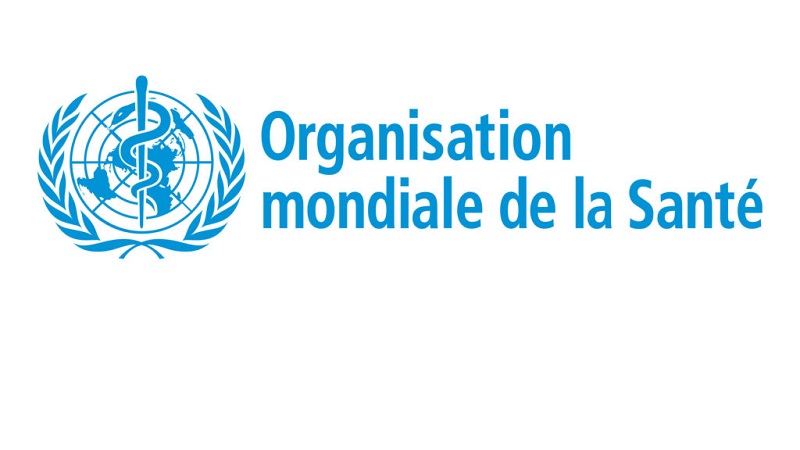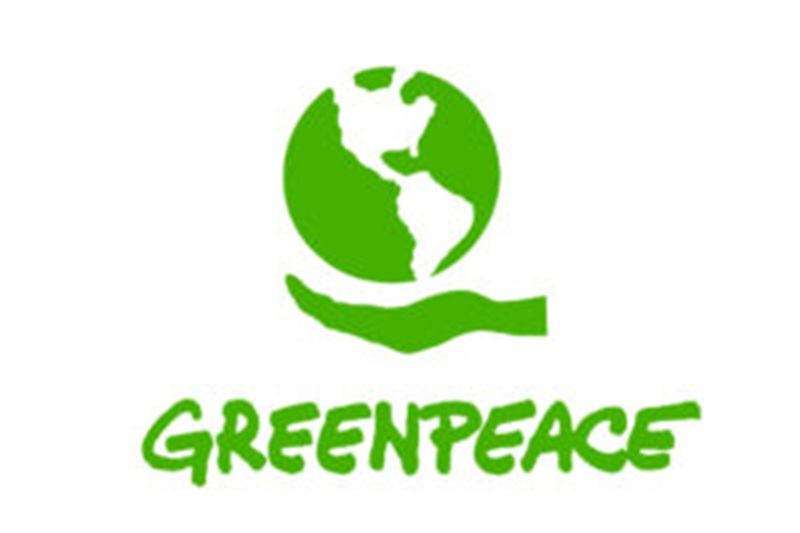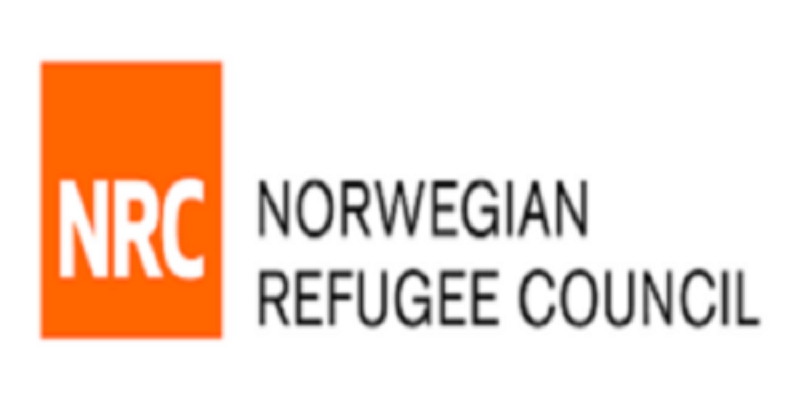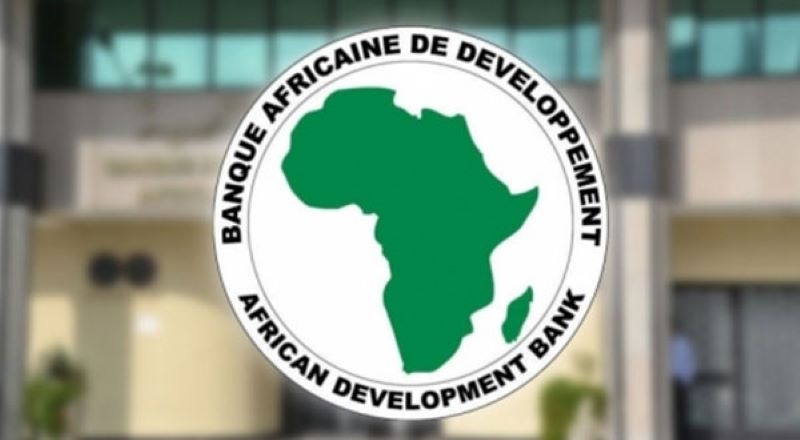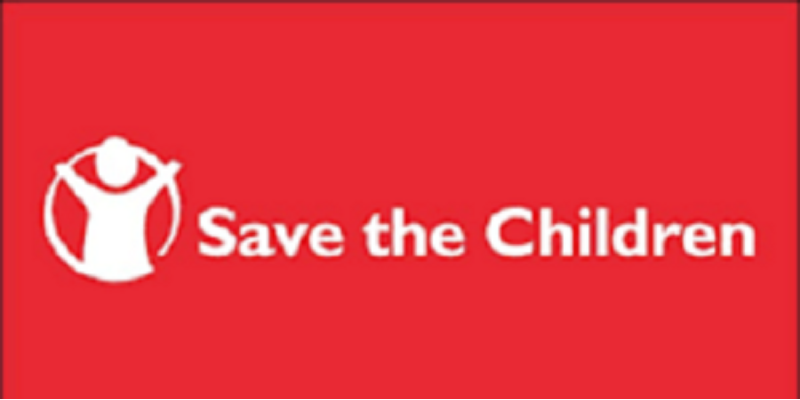L’Organisation mondiale de la santé (OMS) est une agence spécialisée de l’Organisation des Nations unies (ONU) pour la santé publique créée en 1948
POSTE 1
Logistics Assistant
OBJECTIVES OF THE PROGRAMME
Country Management Support Units (CSUs) have been established in the organisationalstructure to provide support for Managers and staff to fully assume theirresponsibilities in the GSM environment and to ensurecompliance with organizational policies, procedures, rules and regulations onall administrative and financial matters and transactions in the context of anEnterprise Resource Planning (ERP) system
DESCRIPTION OF DUTIES
Under the general supervision of the Logistics, Procurement & Travel officer and general guidance of the Operations Officer, the incumbent performs thefollowing functions:Maintain an up to date record of all WHO fixed assets and attractiveitems. Supervise physical verification of fixed assets and generate collated quarterly reports from zonal logistics assistants. Maintain custody of fixedassets barcodes and accept assets in GSM while barcoding. Generate annual fixed assets movement cards based on the WHO e-manualXIII.Provide guidance on handling of non-functional equipment and assist with arrangements for proper disposalConduct logistics function at the country office pertaining to office and official residences maintenance and management. Following up with relevant Government counterpart for transactions relating to the premises.Support verification of radio and satellite communication equipment fortracking and billing in close consultation with radio room and radio technicians. Liaise regularly with zonal and state offices to monitor operations activities and report on vehicle, staff movement, facilities maintenance andsecurity related matters from zones. Regularly assess logistics needs for zonal and state offices andsummarize recommendations for implementation.Prepare a monthly report to the Operations Officer on Logistic activities across the country including fixed assets, facilities maintenance and movement of stocks, office consumables and office equipment. Prepare monthly inventory report with indicative analysis giving recommendations on need for replacement and/or purchase of additional equipmentProvide logistics support for upcoming logistics requirements as may berequired.Perform other duties assigned by supervisor
REQUIRED QUALIFICATIONS
Education
Essential: Completion of secondary education or equivalent technical training in accounting, engineering and asset management
Desirable: University degree inEngineering or Management studies
Experience
Essential: At least ten (10) years working experience in operations and logistics with a complex and diverse work environment,preferably an international organization
Desirable: At least 5 years’experience in inventory and ware house management
Skills
Ability to plan,organize, coordinate and implement inputs from several sources; to express ideas clearly and concisely, both orally and in writing; to conceptualize and carry out tasks with little supervision; Very good understanding of operations and logistics in a complex work environment. Excellent knowledge offixed asset management and to establish and maintain effective working relationships with people of different national and cultural backgrounds
WHO Competencies
Teamwork
Respecting and promoting individual and cultural differences
Communication
Producing results
Ensuring the effective use of resources
Use of Language Skills
Essential: Expert knowledge of English.
Desirable:
REMUNERATION
WHO offers staff in the General Services category an attractive remuneration package, which for the above position includes an annual net base salary starting at NGN 12,007,619 (subject to mandatory deductions for pension contributions and health insurance, as applicable) and 30 days of annual leave.
ADDITIONAL INFORMATION
- This vacancy notice may be used to fill other similar positions at the same grade level
- Only candidates under serious consideration will be contacted.
- A written test may be used as a form of screening.
- In the event that your candidature is retained for an interview, you will be required to provide, in advance, a scanned copy of the degree(s)/diploma(s)/certificate(s) required for this position. WHO only considers higher educational qualifications obtained from an institution accredited/recognized in the World Higher Education Database (WHED), a list updated by the International Association of Universities (IAU)/United Nations Educational, Scientific and Cultural Organization (UNESCO). The list can be accessed through the link: http://www.whed.net/. Some professional certificates may not appear in the WHED and will require individual review.
- Any appointment/extension of appointment is subject to WHO Staff Regulations, Staff Rules and Manual.
- For information on WHO’s operations please visit: http://www.who.int.
- WHO is committed to workforce diversity.
- WHO prides itself on a workforce that adheres to the highest ethical and professional standards and that is committed to put the WHO Values Charter into practice.
- WHO has zero tolerance towards sexual exploitation and abuse (SEA), sexual harassment and other types of abusive conduct (i.e., discrimination, abuse of authority and harassment). All members of the WHO workforce have a role to play in promoting a safe and respectful workplace and should report to WHO any actual or suspected cases of SEA, sexual harassment and other types of abusive conduct. To ensure that individuals with a substantiated history of SEA, sexual harassment or other types of abusive conduct are not hired by the Organization, WHO will conduct a background verification of final candidates.
- WHO has a smoke-free environment and does not recruit smokers or users of any form of tobacco.
- This post is subject to local recruitment and will be filled by persons recruited in the local commuting area of the duty station.
POSTE 2
Programme & Administrative Officer
OBJECTIVES OF THE PROGRAMME
The Expanded Special Project for Elimination of Neglected Tropical Diseases (ESPEN) is part of and contributes to the work of the Universal health coverage/Communicable and non-communicable diseases (UHC/UCN) cluster in theWHO African region. The strategic agenda of the cluster is to reduce disease burden in the WHO African Region, by guiding disease control agenda in Africa, and using analytics to inform strategic investments andtailored interventions for disease control. This approach is underpinned by theguiding principles of comprehensive whole of society, people-centered, integrated approaches to disease control. The comprehensive whole of society approaches to disease control involves: (a) coherent implementation of triple response – technical response: implementing diseases specific normative guidance, promoting intervention mixes and deploying medical commodities; healthsystems response: building capacities of district service delivery systemsin disease mapping and stratification, interventions tailoring, andsector/subsector planning; and multi-sectoral response: addressing socio-economic and environmental determinants of diseases through mobilizing non-health sectors, communities and stakeholders; (b) disease control partnership of public and private sectors, health and non-health sectors; and (c) community involvement in targeted highrisk communities, focused on managing determinants of diseases, health services demand creation and accountability by local health stewards. The people centered, integrated approaches to disease control involves: (a) integrated guidance on disease control for each health service delivery platform, a move away from stand-alonedisease specific guidance; and (b)integrated and efficient disease control investments in strengthening the capacity of appropriate health services delivery platforms throughdeployment of appropriate technologies and analytics to guide stratification of disease risks across population groups in order to develop and deploy comprehensive packages of interventions appropriate for each population group and health service delivery platform, as well as monitor population access,coverage and impact to leave no one behind.The specific objectives of the UCN cluster to which the ESPEN programme contributes, are to: (i) provide leadership on disease control coordination, partnership and resource mobilization; (ii) contribute to the development of WHO disease control technical products, services and tools including adoption of new technologies and innovations; (iii) support generation and use of strategic information foraction and decision making including optimizing investment; and (iv) provide orfacilitate provision of technical support in deployment of WHO technical products and services and institutional capacity building, including support to national disease programmes and regulatory authorities. The Expanded Special Project for the Elimination of Neglected Tropical Diseases (ESPEN) addresses all the five neglected tropical diseases that are responsive to preventive chemotherapy (PC- NTD, namely: Lymphatic Filariasis (LF), Onchocerciasis (Oncho), Schistosomiasis (SCH), Soil- transmitted Helminthiasis (STH) and Trachoma, and serve as the technical arm of the WHO/AFRO Neglected Tropical Diseases Programme. It provides coordinated technical support on PC- NTDs to endemic countries, which will contribute to the achievement of NTD goals and targets at country level in accordance with the Regional Strategic Plan for NTDs. The provision of technical support will primarily focus on i) strategic and operational planning for the 5 PC- NTDs, ii) strengthening of technical quality of NTD Programmes to increase coverage so that more peoplecan benefit from donated medicines with an emphasis on NTD activities such as mapping, surveillance, monitoring and evaluation of country progress towards disease specific targets, implementation, and impact assessment;iii) and iv) fostering effective links with interventions to strengthen health systems to deliver services including PC-NTD medicines to poor and hard-to reach communities. ESPEN will work closely with partners todeliver technical support to Member States.
DESCRIPTION OF DUTIES
The incumbent is expected to contribute towards:Under the technical guidance of the ESPEN Coordinator and the overall guidance of the UCN and GMC Directors, the incumbent will be expected to perform the following duties:Input/updatework plans including planned costs in GSM;Initiate setting up of HR plans, identify and include positions in HR plans, update position parameters and submit for approval, Initiate mapping of positions to task and awards; Monitor and review staff costs in occupied and vacant positions;Request Award Activation, Distribution and Amendments; Develop/revise award budgets and planned cost;Monitor expenditures against award budgets, project funding, award distributions and PB allocations; Identify and process necessary revisions to expenditures, award budgets and project funding, ensuring that all expenditures are according to planFollow up on cancellation of encumbrances and ensure that they are done on time;Perform budget analysisand produce budget andaward reports and share with the team; Contribute to the reporting on performance assessmentand contribute to resource mobilization;-Provide uncertified financial reports to donors;Coordinate donor reports;Perform quality assurance on GSM transactions; Perform other duties as may be required.
REQUIRED QUALIFICATIONS
Education
Essential: University degree in Finance, Management Accountancy or Business Administration.
Desirable: Post-graduate degree in Finance orA ccounting Management.Membership of professional accounting bodiese.g. C.A.
Experience
Essential: At least 5 years of relevant professional experience in of professional experience with anemphasis on programme management and/or budget and financialmonitoring.
Desirable: Good knowledge of programme management and end-to-end business processes as designedin the Global Management System;Experience in project management, Ideally in the UN System and/or a public health context; Good knowledge of GSM System or similar ERP Systems
Skills
Good knowledge of WHO Results-Based Management framework and related business processes;Knowledge of Oracle projects and Oracle financials or similar ERP applications and systems ;Sound knowledge of the Organization’s policies and practices, as well as project management principles and their application within WHO;Good knowledge in grant managementAbility to act independently and exercise sound judgment;High level of organizational and analytical ability combined with good writing and communication skill; Proven ability to maintain and establish excellent interpersonal working relations and to work with competingpriorities underpressure.
WHO Competencies
Teamwork
Respecting and promoting individual and cultural differences
Communication
Ensuring the effective use of resources
Creating an empowering and motivating environment
Use of Language Skills
Essential: Expert knowledge of English. Expert knowledge of French.
Desirable:
The above language requirements are interchangeable.
REMUNERATION
WHO salaries for staff in the Professional category are calculated in US dollars. The remuneration for the above position comprises an annual base salary starting at USD 62,692 (subject to mandatory deductions for pension contributions and health insurance, as applicable), a variable post adjustment, which reflects the cost of living in a particular duty station, and currently amounts to USD 2852 per month for the duty station indicated above. Other benefits include 30 days of annual leave, allowances for dependent family members, home leave, and an education grant for dependent children.
ADDITIONAL INFORMATION
- This vacancy notice may be used to fill other similar positions at the same grade level
- Only candidates under serious consideration will be contacted.
- A written test may be used as a form of screening.
- In the event that your candidature is retained for an interview, you will be required to provide, in advance, a scanned copy of the degree(s)/diploma(s)/certificate(s) required for this position. WHO only considers higher educational qualifications obtained from an institution accredited/recognized in the World Higher Education Database (WHED), a list updated by the International Association of Universities (IAU)/United Nations Educational, Scientific and Cultural Organization (UNESCO). The list can be accessed through the link: http://www.whed.net/. Some professional certificates may not appear in the WHED and will require individual review.
- Any appointment/extension of appointment is subject to WHO Staff Regulations, Staff Rules and Manual.
- Staff members in other duty stations are encouraged to apply.
- For information on WHO’s operations please visit: http://www.who.int.
- WHO is committed to workforce diversity.
- WHO prides itself on a workforce that adheres to the highest ethical and professional standards and that is committed to put the WHO Values Charter into practice.
- WHO has zero tolerance towards sexual exploitation and abuse (SEA), sexual harassment and other types of abusive conduct (i.e., discrimination, abuse of authority and harassment). All members of the WHO workforce have a role to play in promoting a safe and respectful workplace and should report to WHO any actual or suspected cases of SEA, sexual harassment and other types of abusive conduct. To ensure that individuals with a substantiated history of SEA, sexual harassment or other types of abusive conduct are not hired by the Organization, WHO will conduct a background verification of final candidates.
- WHO has a smoke-free environment and does not recruit smokers or users of any form of tobacco.
- WHO has a mobility policy which can be found at the following link: http://www.who.int/employment/en/. Candidates appointed to an international post with WHO are subject to mobility and may be assigned to any activity or duty station of the Organization throughout the world.
- Applications from women and from nationals of non and underrepresented Member States are particularly encouraged.
- *For WHO General Service staff who do not meet the minimum educational qualifications, please see e-Manual III.4.1, para 220.
POSTE 3
Administrative Assistant
OBJECTIVES OF THE PROGRAMMEThe Immunization programme is tasked with providing expertise and general support for high-quality immunization services to all communities of the Member States of the sub-region, in order to prevent morbidity, mortality and disability from diseases which are preventable through the optimum use of currently availablevaccines and vaccines that become available periodically. DESCRIPTION OF DUTIESGENERALOversee and monitor the information flow of the office, screening, logging, sorting, identifying areas requiring action by the supervisor and routing correspondence.Ensure effective and timely follow up on requests for information, briefings and other actions, liaising with units/teams, as appropriate.Disseminate information on administrative procedures to staff in the team/department and assist staff in adhering to WHO administrative procedures.Train and orient staff in the Cluster on administrative services including new changes in the process for Finance, HR, Procurement and other related areas.Monitor requests for goods and services, including receipt, payment and inventory requirements.Coordinate and monitor office space requirements in liaison with relevant units as required.Introduce new and efficient processes and tools to expedite administrative actions. CORRESPONDENCEPrepare and consolidate reports and documentation soliciting inputs from various staff in the team.Draft general or administrative correspondence on own initiative or on the basis of instructions; finalize correspondence/reports for signature/clearance.Verify that outgoing correspondence is presented in accordance with WHO and department styles and checking language, grammar and accuracy prior to submitting for signature and clearance.Analyse incoming correspondence and requests in the light of background material, instructions, policies and precedents, researching, obtaining and attaching background information in anticipation of the responsible officer’s needs, or redirecting them as appropriate; identify and highlight incoming documents and attach background information and identify areas requiring action by professional staff, drawing their attention to specific items.Ensure that technical reports and documents are in line with WHO standards, rules, practices and procedures, editing and correcting them as necessary prior to their submission for signature or clearance of relevant authority.Using appropriate tracking tools, follow-up on and ensure that target dates and deadlines are met, and that correspondence and queries are responded to in a timely manner.INFORMATION MANAGEMENTIn close collaboration with other support staff, create and/or maintain filing systems; continual review of filing system to ensure information is up to date and effectively and efficiently used.Obtain documents and information from in-house and external sources as required; perform information searches (library, internet) as requested.Coordinate compilation of technical documents requested of and provided by staff to ensure they are logically compiled, formatted and assembled to facilitate the work of the Cluster. Maintain updated contacts’ information of donors and partners;MEETING ADMINISTRATIONArrange, coordinate and lead administrative preparation for meetings, seminars, workshops, including: preparing event plans in GSM/Oracle, letters of invitation, cost estimates and travel requests; assisting with preparation of documents; dispatching of materials and liaising with participants and others involved.Prepare presentations using PowerPoint and other Micro software packages on own initiative or on the basis of instructions.Schedule team/departmental meetings, according to schedules and need; taking minutes and following up on action points to ensure timely response to the requests of the RHRM and preparation of minutes.Obtain briefing and background materials for meetings, seminars, workshops, etc. to be attended by the team’s professional staff, checking their availability and ensuring they have the appropriate briefing files and documents.TRAVEL AND PROCUREMENTRaising registrations and TRs in the GSM systemFollow up on the receipts of the goods/services and enter the receipts in the systemMonitor encumbrances Using GSM/Oracle, prepare travel requests for official WHO travel. Make flight and hotel reservations, prepare travel files and deal with other related matters as requested or on own initiative.FILINGEnsure that files are maintained, stored and easily retrievable for the team. OTHER DUTIESPerform other related duties as required or instructed, including providing support to other areas of work. REQUIRED QUALIFICATIONSEducationEssential: Completion of secondary education or equivalent technical training or commercial education ExperienceEssential: At least 8 years of relevant experience and preferably with several years’ experience in WHO or another UN agency in an administrative cluster to have a sound knowledge of its rules, regulation, procedures and practices as related to the work. SkillsAbility to plan, organize, coordinate and implement inputs from several sources; to express ideas clearly and concisely, both orally and in writing; to conceptualize and carry out tasks with minimal supervision; to provide financial analytical reports, using appropriate software; to interpret financial rules and regulations; and to establish and maintain effectiveworking relationships with people of different national and cultural backgrounds.. WHO CompetenciesTeamwork Use of Language SkillsEssential: Expert knowledge of French. REMUNERATIONWHO offers staff in the General Services category an attractive remuneration package, which for the above position includes an annual net base salary starting at XAF 11,368,000 (subject to mandatory deductions for pension contributions and health insurance, as applicable) and 30 days of annual leave. ADDITIONAL INFORMATION
|
|

